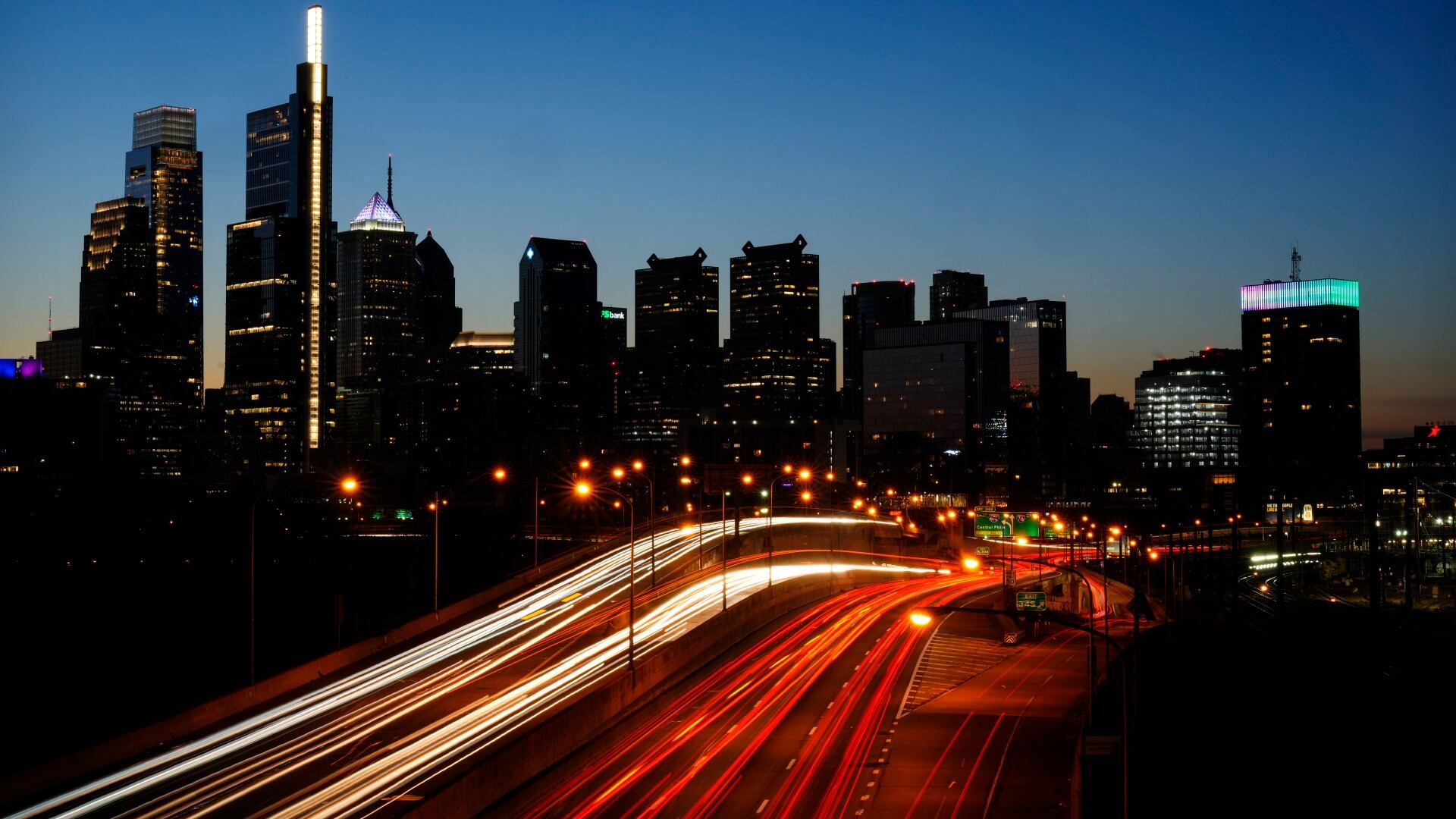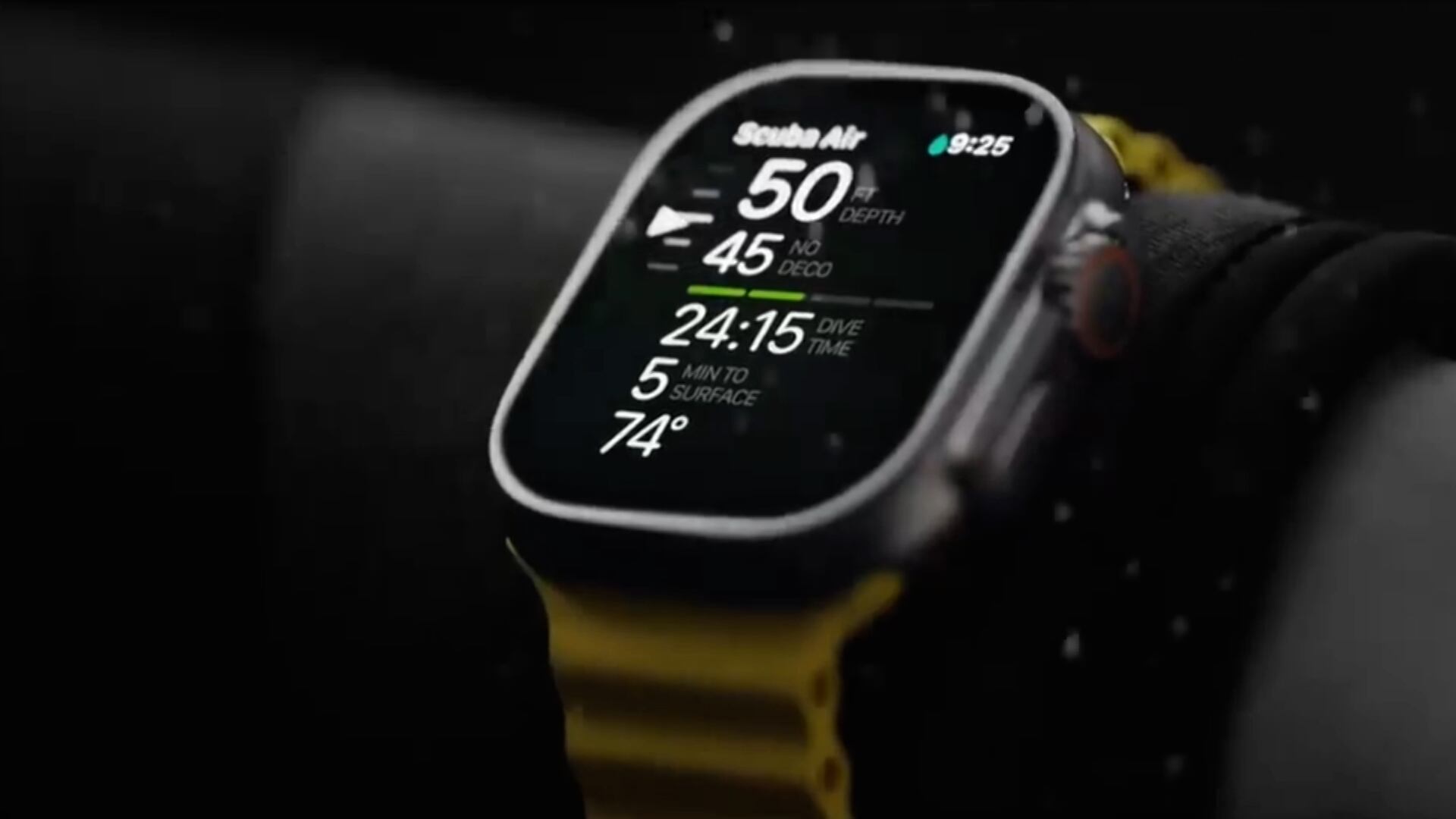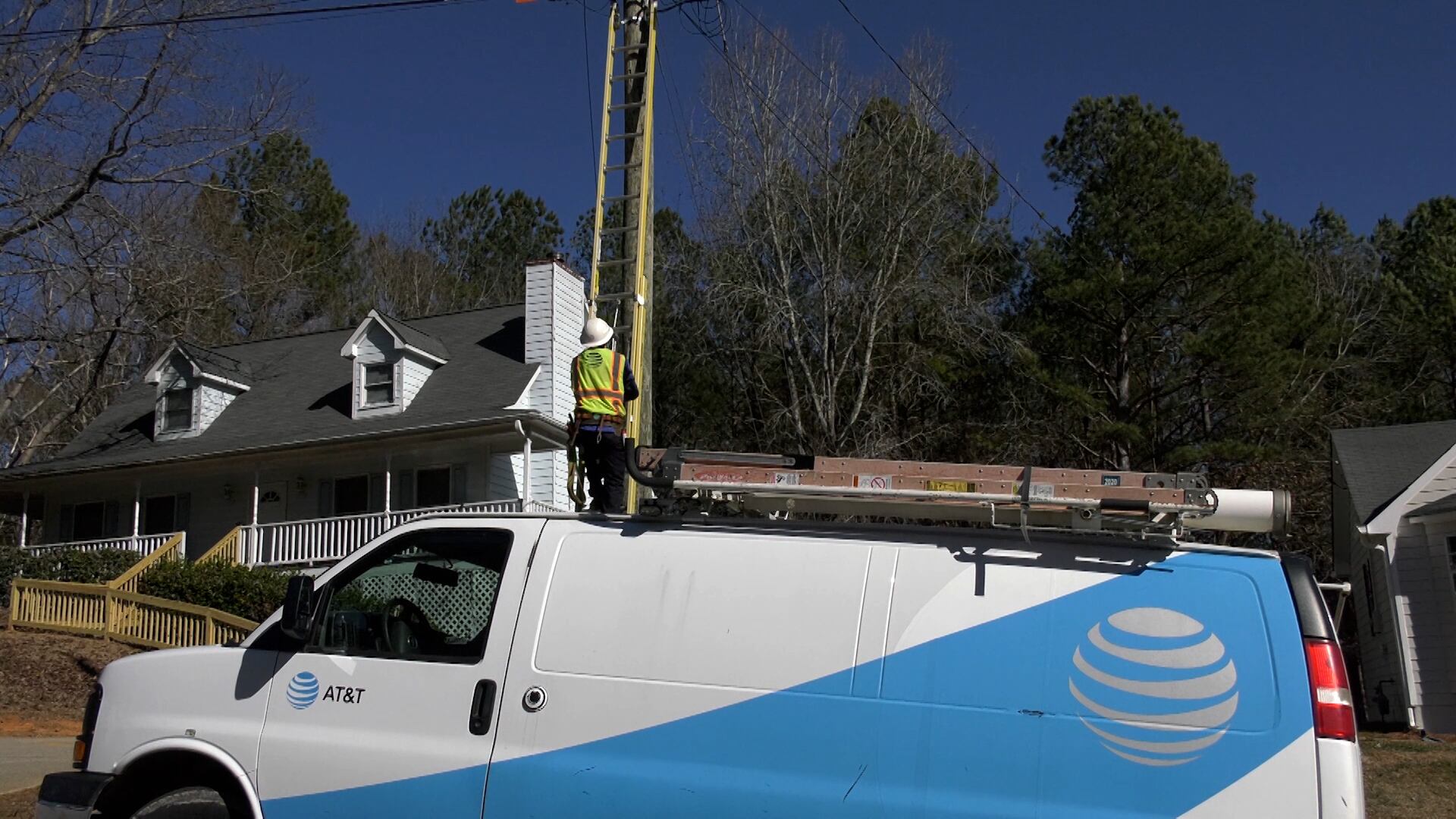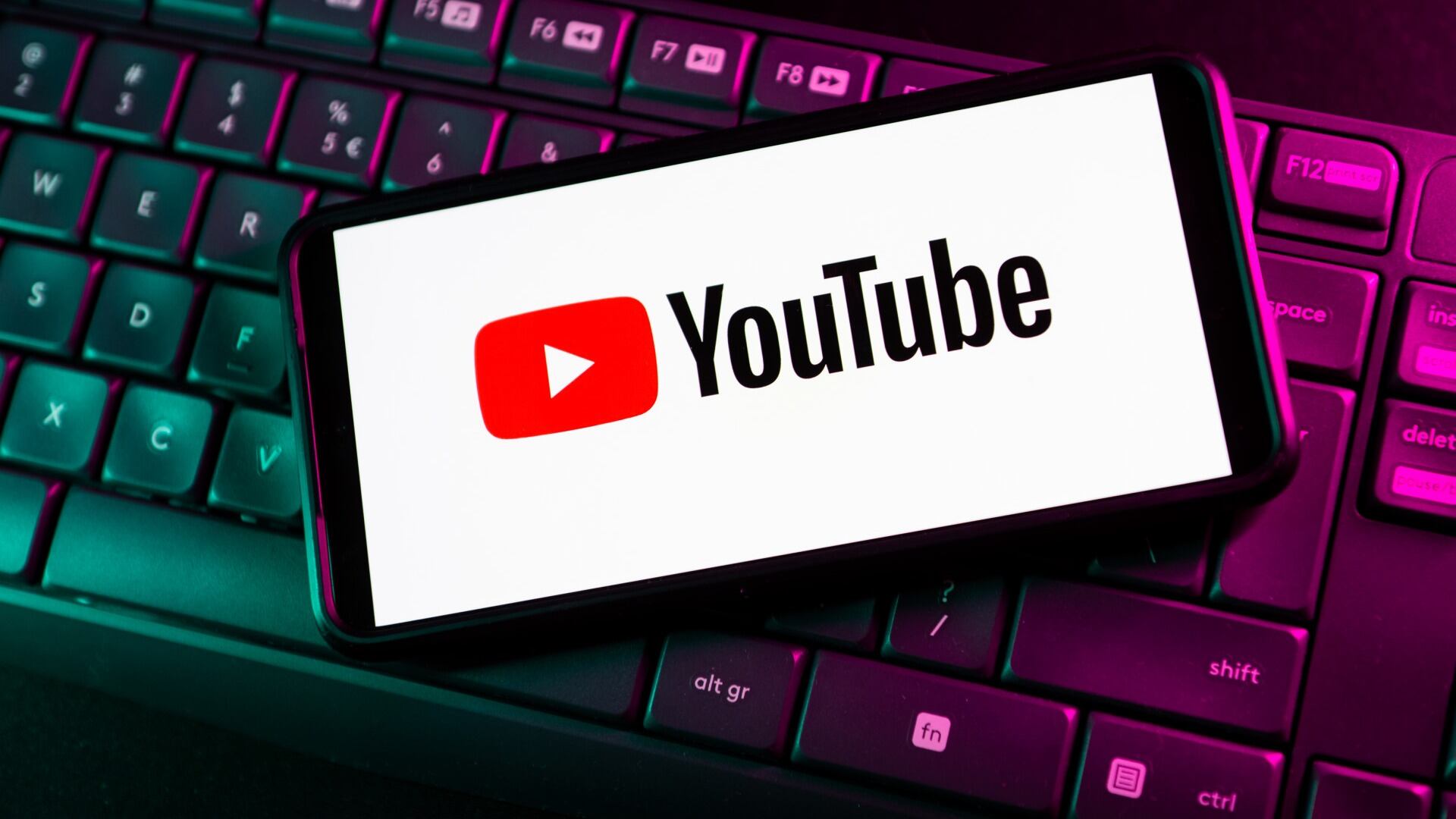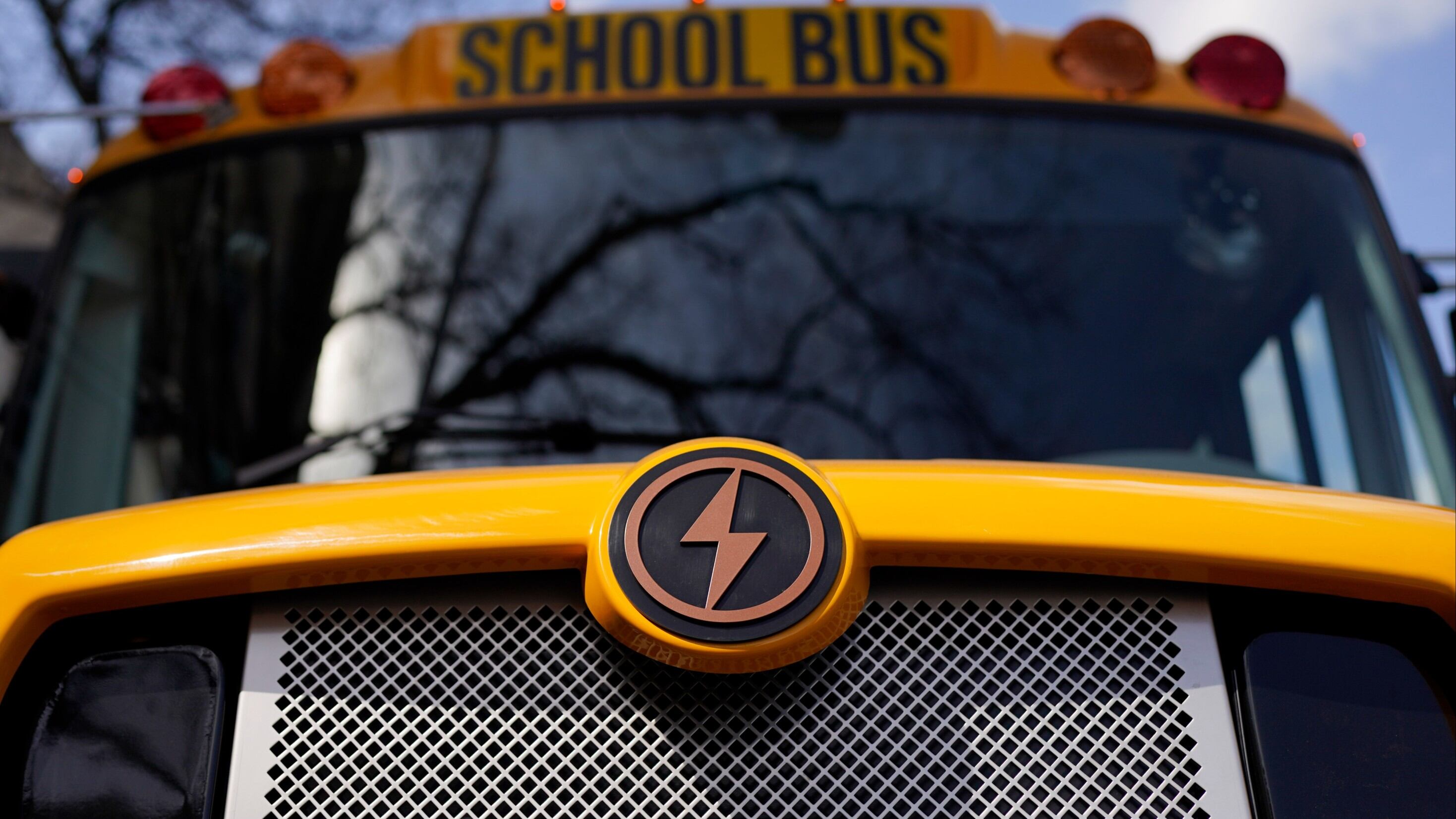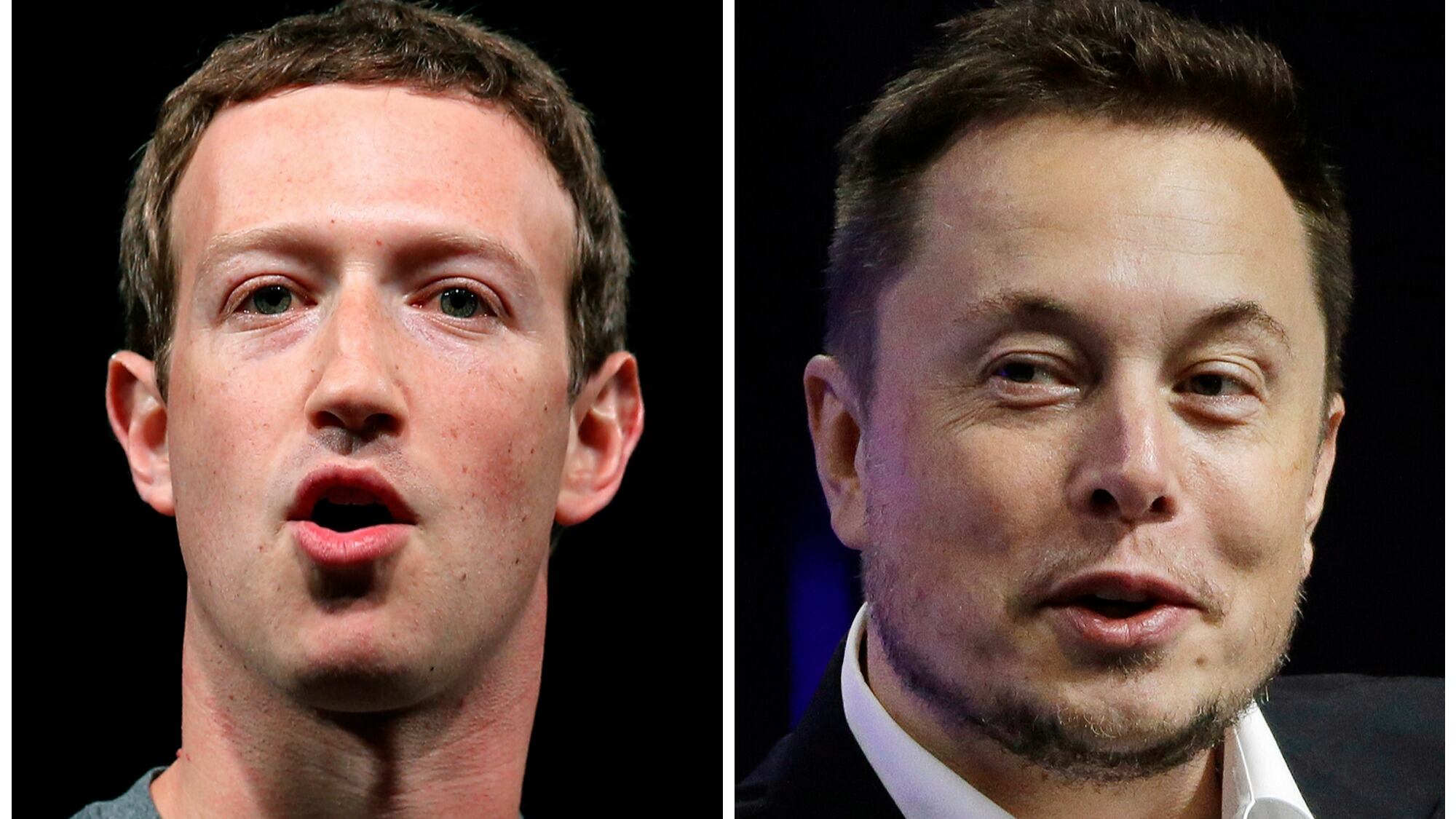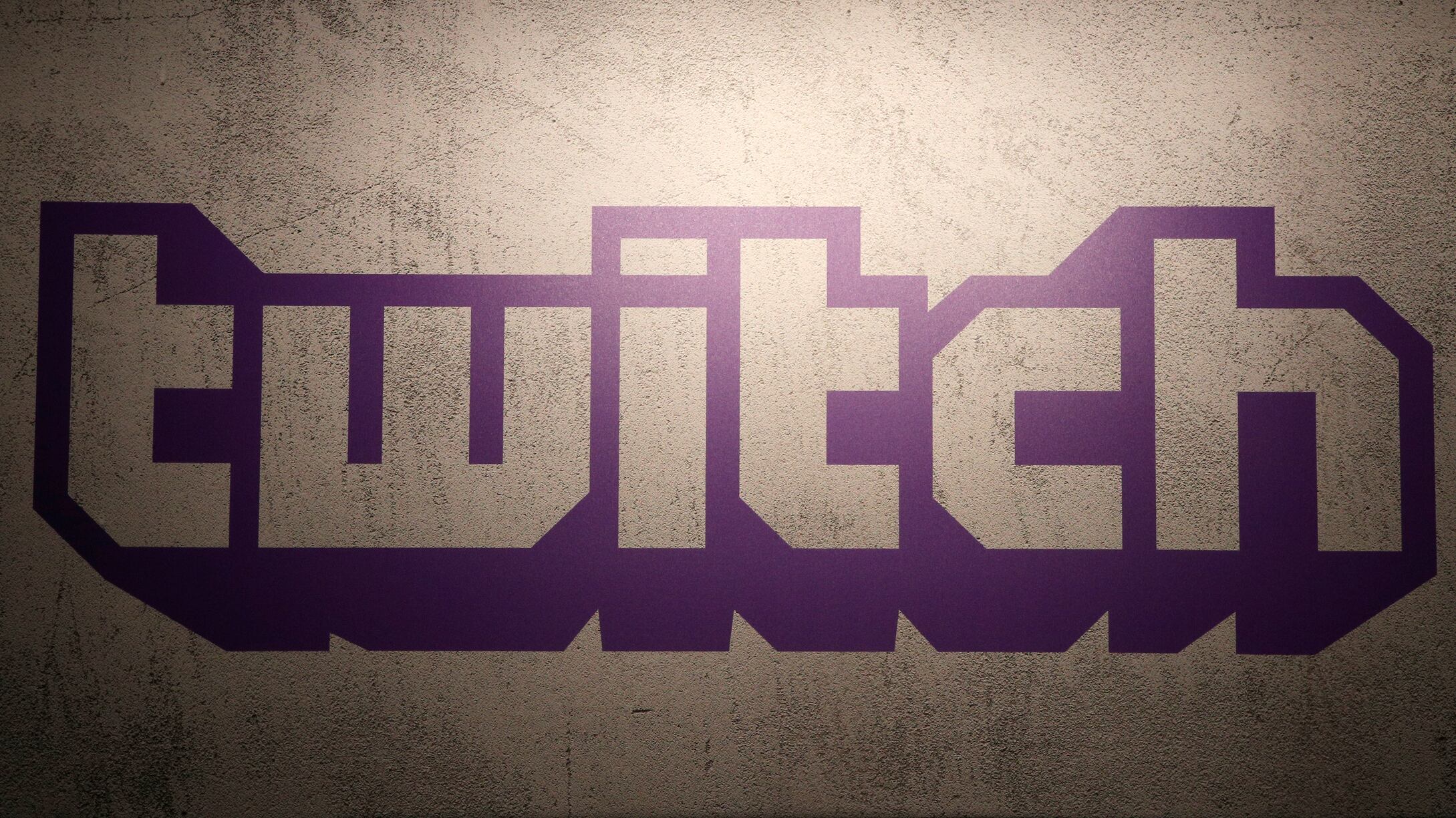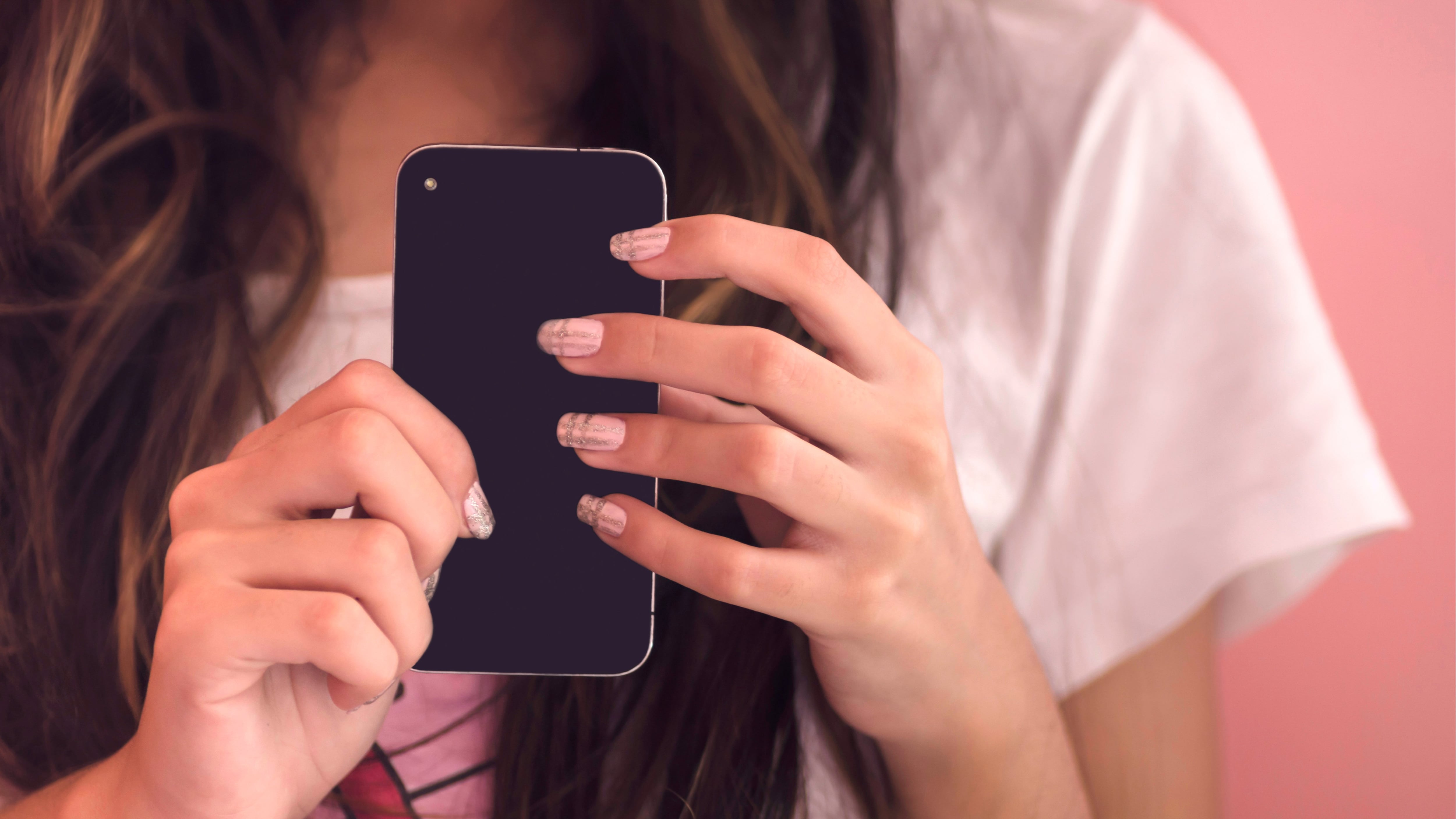*By Amanda Weston* Twitter responded to accusations that it was inappropriately "shadow banning" content from its site after receiving backlash that it was suppressing conservative content. “As we have said before, we do not ‘shadow ban,’" a spokesperson said in a statement to Cheddar. "We are aware that some accounts are not automatically populating in our search box, and shipping a change to address this. To be clear, our behavioral ranking doesn’t make judgments based on political views or the substance of Tweets.” The response came after President Donald Trump decried the alleged practice Thursday morning, [tweeting](https://twitter.com/realDonaldTrump?ref_src=twsrc%5Egoogle%7Ctwcamp%5Eserp%7Ctwgr%5Eauthor), "Not good. We will look into this discriminatory and illegal practice at once! Many complaints." Earlier in the week Vice News raised concerns of "shadow banning" with a [report](https://news.vice.com/en_us/article/43paqq/twitter-is-shadow-banning-prominent-republicans-like-the-rnc-chair-and-trump-jrs-spokesman) that the Twitter profiles of Republican Party Chair Ronna McDaniel and Alex Thomason, the spokesman for Donald Trump, Jr., appeared in full searches, but not in auto-complete drop down menus. Although Vice was not the first to report on shadow banning, Wednesday's piece ignited a firestorm of complaints against Twitter. That sparked new allegations that Twitter was biased in the content it allowed to appear. McDaniel herself tweeted out dissent, [saying](https://twitter.com/GOPChairwoman/status/1022186107029671937), "The notion that social media companies would suppress certain political points of view should concern every American. Twitter owes the public answers to what’s really going on." Despite the uproar, Michael Nuñez, deputy tech editor at Mashable, thinks the term "shadow banning" may not be appropriate in this case. It suggests that even followers can't see McDaniel's and Thomson's content. But their tweets, he noted, were still visible on their pages. So what, exactly, is shadow banning? There seems to be a disagreement among media outlets on the phrase. NBC [acknowledged](https://www.nbcnews.com/tech/tech-news/trump-rips-twitter-discriminatory-shadow-banning-practices-n894771) the "vagueness," and the Washington Post [published an FAQ](https://www.washingtonpost.com/news/politics/wp/2018/07/26/trump-shadow-ban-tweet-a-f-a-q/?utm_term=.58bc8046958f). "I think a lot of the hysteria around the suppression of conservative views on social media is hot garbage," Nuñez said in an interview on Cheddar. "I don't think that there is any institutional bias at any of these companies. In fact, they have an incentive to make sure that these voices are heard. They want to be seen as a neutral platform and make sure that everyone is treated equally, and everyone's engaged and participating. So I think these kind of accusations are suspect, to say the least." As of Thursday morning, the accounts in question reappeared in drop-down searches on Twitter. For full interview, [click here] (https://cms.cheddar.com/videos/VmlkZW8tMjExNjg=).
